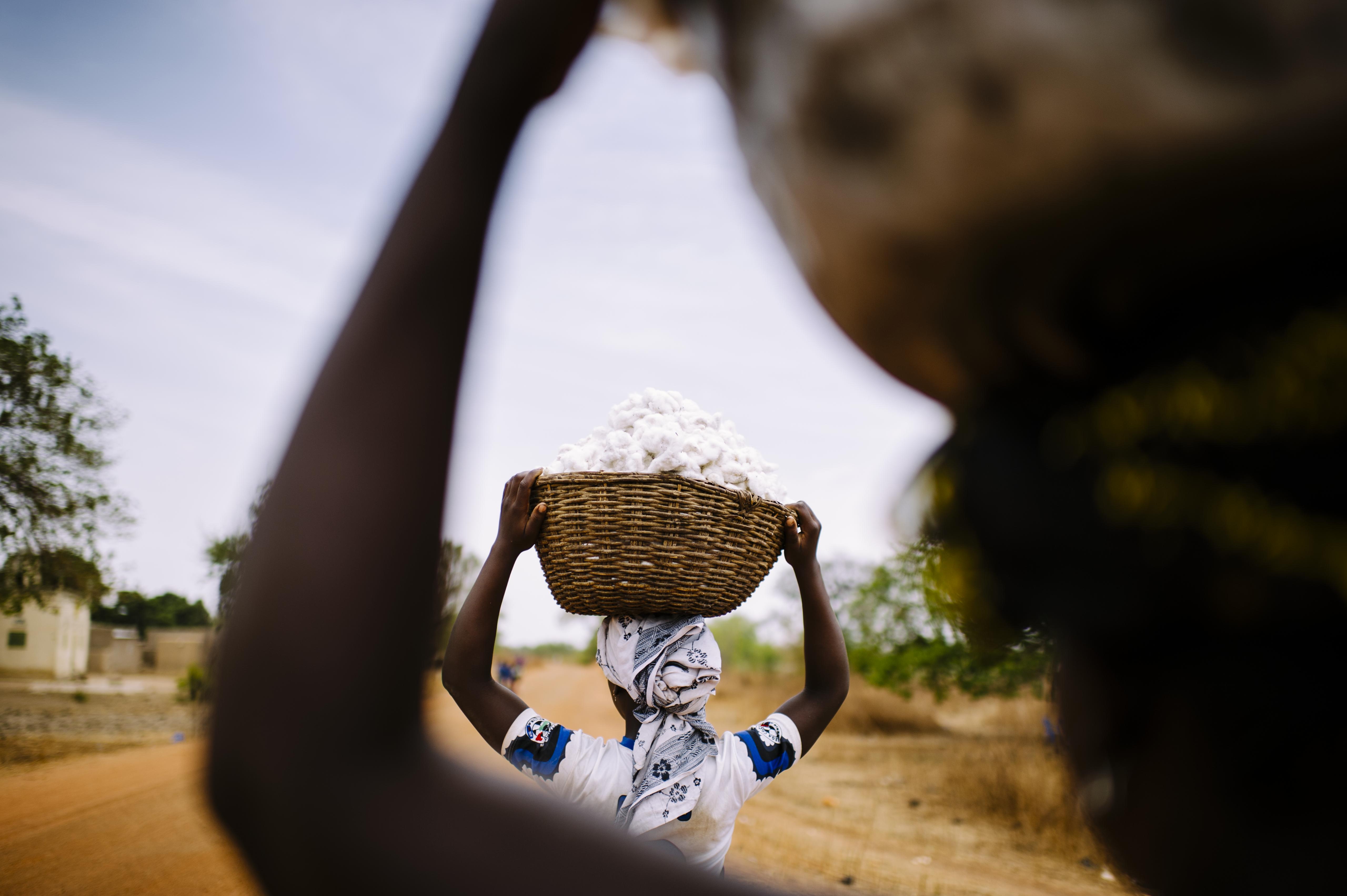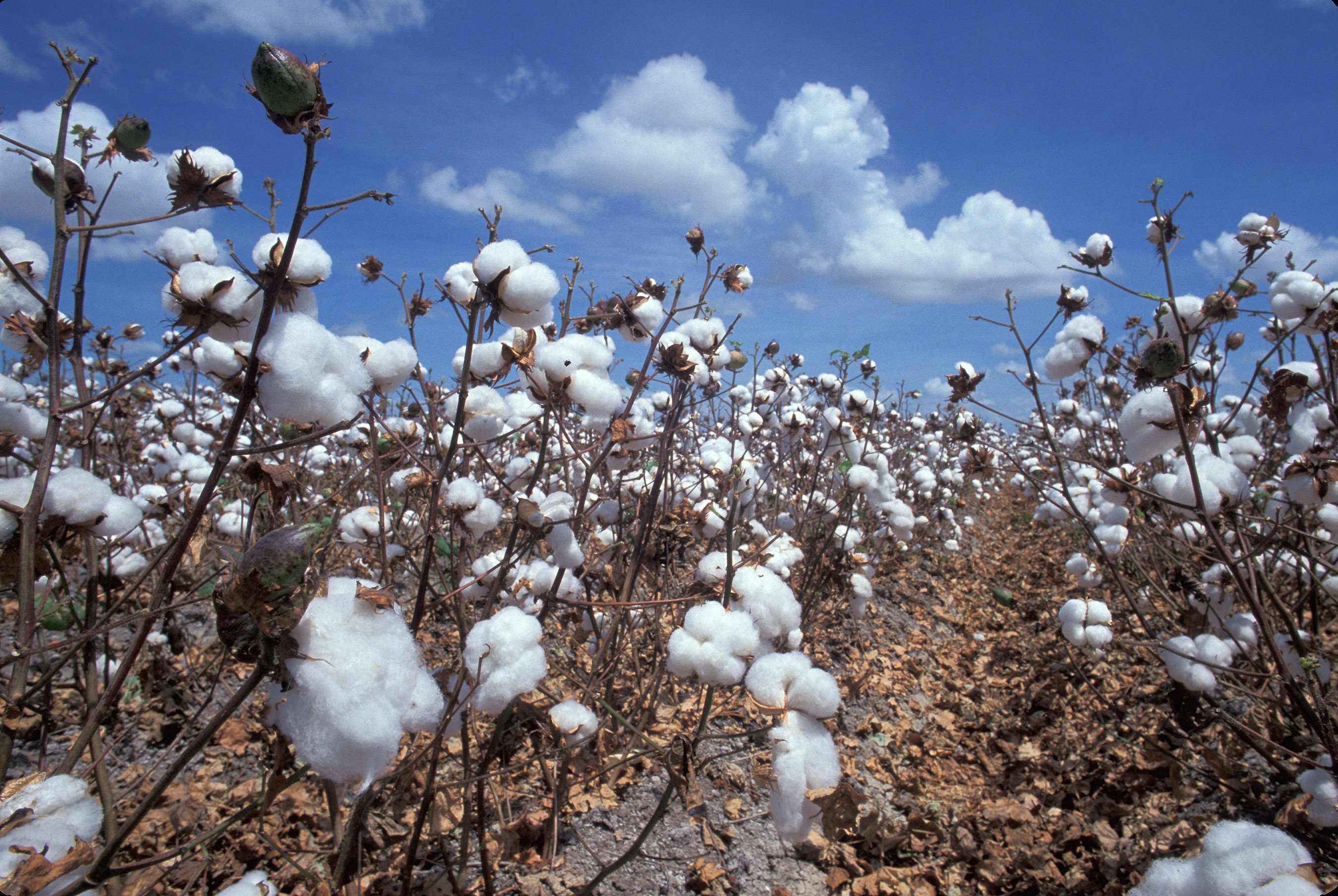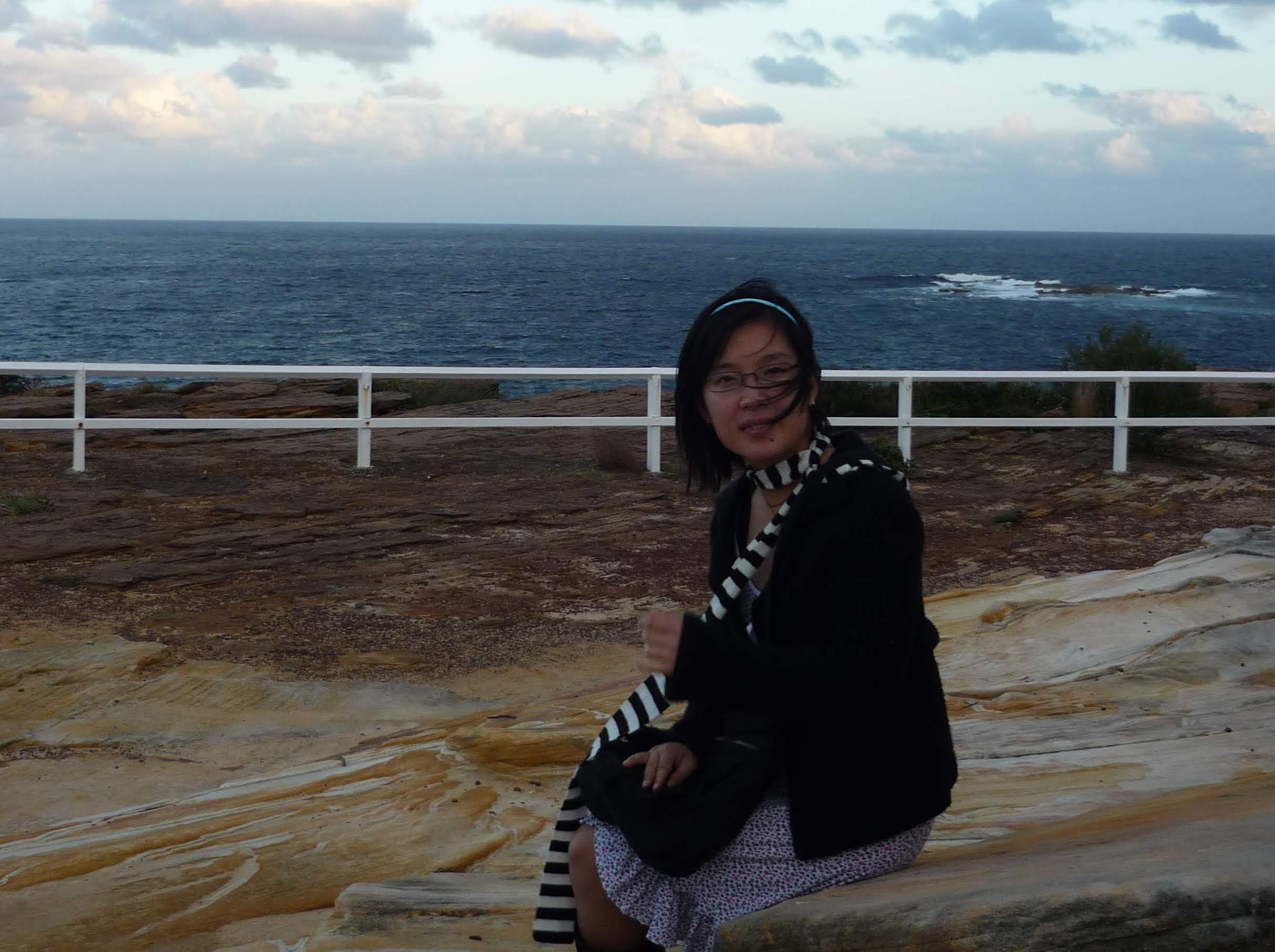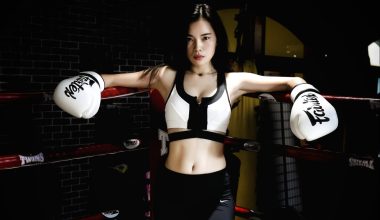Apparently among some of my classmates, I had a reputation as the Crazy Baptist Girl at school. After making the decision to follow Jesus in Year 8, I didn’t start telling all my friends about him, but I did try to “show” my faith in other ways. I wore WWJD (What Would Jesus Do) wristbands, made an ancient history presentation on Moses and the ten plagues in Egypt, wrote stories incorporating biblical motifs and for creative writing even composed letters mimicking Paul’s tone and style. So I guess in postmodern, predominantly atheist, upper middle class Canberra’s public high schools, I was something of a weirdo.
The Crazy Baptist Girl.
I’ll admit, it was a bit of an insult. While I’ve been baptised and have also visited several Baptist churches, I do not identify as a Baptist and have never been part of a Baptist church. I didn’t have anything against them at all and the Baptist Church in Australia isn’t like the stereotyped Southern Baptists out of the USA – but they’ve been tarnished by association, even in my non-denominational mind.
And now I work for them. To be more precise, I work for the independent aid and development organisation that grew out of the denomination.
Doing what exactly, you ask?
I’m researching labour rights in the fashion industry for the Ethical Fashion Guide.
In a nutshell, this involves using publicly available information and direct contact with Australian and international clothing brands to assess their efforts to protect the conditions and rights of workers at all stages of production.

- The Ethical Fashion Guide is a big deal. It’s impressive the influence that it has had and continues to have since the first report was launched in 2013 – despite being a Baptist-driven (ie. religious) initiative. Labels are really paying attention and striving to improve. A few are even basing their codes of conduct and processes on the content of the survey tool we use to put the guide together.
- Most of the exploitation occurs at the start of the production process. When you talk about workers’ rights in the fashion industry, most people think of sweat shops, which are at the final stage of production – however the worst conditions are suffered in the production of raw materials, which for fashion relates largely to cotton harvesting. This first phase is the one that most brands know the least about, which is why tracing and transparency is so important.
- Paying workers a living wage won’t cost consumers much. Many people think that ethical stuff will always be more expensive since costs are passed on to consumers and that as a result exploitation will continue to occur. However, given workers might get only 0.6% of a t-shirt sold for $50, you paying an extra 30c could actually double the current wage earned.
So I’m looking forward to the next six months of sinking my intellectual teeth into this issue, working with the Baptists as they engage with fashion companies to advocate for labourers around the world, particularly the developing world.

Given the chance to do things over, I probably wouldn’t choose to wear those WWJD bands or attempt to rip off the apostle Paul’s writings. But my Moses speech? I have a feeling it wouldn’t be as well received if delivered today – but I’d do it again, all the same.
And if someone were to call me the Crazy Baptist Girl, based on some of the good work they are doing to promote justice for the poor within the fashion industry, I guess I’d be okay with that label, too.
For more information, see:
Behind the Barcode / Ethical Fashion Guide 2016
Tailored Wages report by the Clean Clothes Campaign
The Economist on the cotton situation in Uzbekistan




6 comments
What an amazing job! I’d love to know how you got involved with this project.
Well I would have loved to tell you the epic tale of how I found myself in this job, but sadly the actual story is quite run of the mill (saw job ad, applied for job). The Baptists on the other hand seem to have moved into this space because their core work in international development/justice for the poor opened doors into anti-trafficking work. Then they realised that in terms of engaging with ordinary Australians on these issues, what we consume/purchase is often the strongest connection. It so happened that no-one else was doing this at the time, and fashion labels started really paying attention. So it’s exciting to see where this is going!
Hi, haven’t caught up in a while. I must confess that when i hear “Baptist” i think “Southern Baptist”and immediately associate the evangelical style of worship. Good to hear about what you’re up to. I saw the documentary “The True Cost” on Netflix which I found confronting. The part about the cotton growers in the subcontinent and the seed and chemicals they’re forced to use was truly tragic.
HAAAAAAALLELUUUUUYAH. Like I said, I had/have the same image. Yeah it’s been a while! Next time I’m in Canberra or you’re in Sydney then, I guess 🙂 The True Cost is sitting on my drawer at home, it’s next on my to watch list.